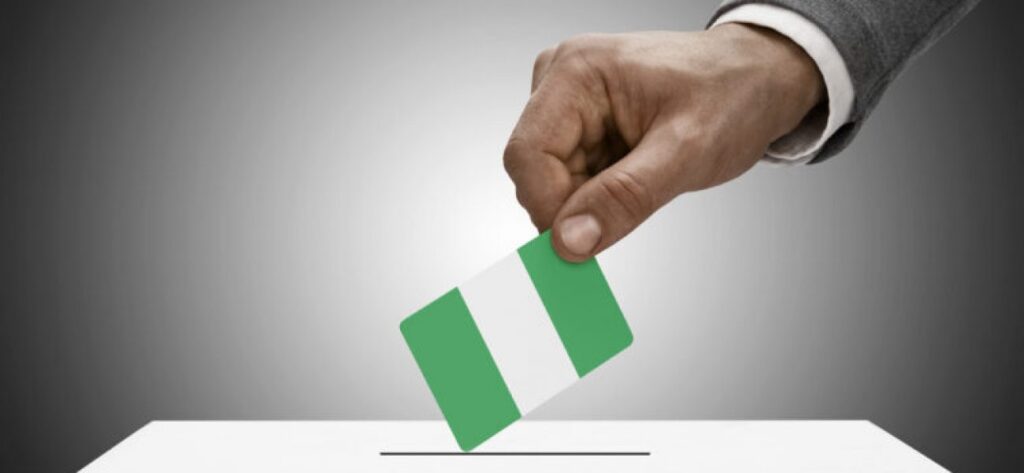What began as streetwise chatter echoing through the lively neighbourhoods of Lagos, Abuja, and Port Harcourt has now evolved into a global linguistic force—heard in everyday conversations from Harlem to Hackney, from London to New York. Fuelled by the meteoric rise of Afrobeats, Nollywood, and the growing influence of the Nigerian diaspora, local slang from West Africa’s most populous nation has crossed continents, shaping the rhythm, humour, and voice of a new global generation.
From the viral “Wahala” (trouble) to the ever-popular “Japa” (to flee), Nigerian slang now appears in TikTok challenges, Instagram captions, pop lyrics, streetwear slogans, and even classroom banter in multicultural cities across the U.S., U.K., and beyond.
50 Nigerian Slangs That Have Gone Global
- Wahala – Trouble/problem
- Japa – Flee, escape
- Omo – Expression of surprise
- Naija – Nigeria (endearing term)
- How far? – What’s up?
- Ginger – Vibe/energy
- Abeg – Please
- Yarn – Talk
- Ehen – Prompting or realization
- Sapa – Being broke
- Gbese – Debt
- Lamba – Sweet talk/lies
- No dull yourself – Don’t slack
- Chop life – Enjoy life
- Shege – Suffering (humorous)
- E choke – Overwhelming situation
- On God – Sincere vow
- Na so – That’s right
- Osha pra pra – Sharp/stylish person
- Run am – Go for it
- Kpa – Money
- Come dey play – Don’t be unserious
- Carry last – Lose/fall behind
- Na you sabi – Your business
- Wetin dey sup? – What’s happening?
- Tuale – Big respect
- E don set – It’s about to go down
- Ajebo/Ajepako – Rich kid/street kid
- Flex – Have fun
- Gbas Gbos – Verbal/physical clash
- I wan chop – I’m hungry
- Hunger dey wire me – I’m extremely hungry
- This food sweet – This food is delicious
- K-leg – Suspicious/untrue
- E be like film – It feels surreal
- Abi? – Right?
- Na so/No be so – Yes/no disagreement
- Notin spoil – All is well
- Gbam! – Exactly
- I no get – I don’t have
- Go slow – Traffic jam
- Comot – Leave/get out
- Dey – To be
- Tear head – Quarrelsome
- Wetin? – What?
- I sabi – I know
- Yawa – Trouble
- Gbege – Bigger trouble
- God don butter my bread – God has blessed me
- You too much – You’re amazing
Pop Culture Is the New Dictionary
Nigerian artists like Burna Boy, Wizkid, Tiwa Savage, and Davido have helped globalize Nigerian slang through music. Viral songs like “Last Last,” “Jowo,” and “Essence” have become language vehicles, bringing Pidgin English and Yoruba expressions to dance floors and dinner tables worldwide.
“Language is power, and Nigerian youth are using slang to own their narrative globally,” says Professor Ayo Ilesanmi, a sociolinguist at the University of Lagos.
Read Also: Top 25 Nigerian Languages now gaining global recognition
Why This Matters
These slangs are not just trendy expressions — they are cultural codes loaded with humor, survival, and resilience. They reflect everyday Nigerian realities and offer a linguistic passport into one of the most creative societies on earth. Whether it’s a TikToker in Atlanta saying, “e choke,” or a British Nigerian teen greeting friends with “how far?”, Nigerian slang is no longer a subculture — it is culture.
From Survival to Style
In Nigeria, slang has always been more than just language; it’s a survival tool in a complex society. Now, it’s a fashion statement, a rhythm in rap verses, a punchline in sitcoms, and the new face of African soft power.
As one Lagos Street poet puts it:
“We no just dey speak—we dey spray language like perfume. Everybody dey perceive am now.”



